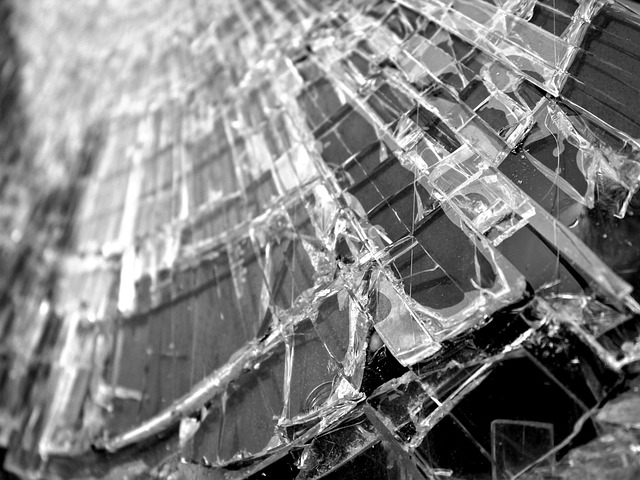In Brooklyn, where ridesharing is prevalent, understanding product defect lawsuits is crucial for legal safety. These cases arise from defective vehicles and equipment, requiring a direct causal link between defects and injuries to establish liability. Plaintiffs must prove negligence or intentional failure to ensure product safety by companies or manufacturers, navigating complex regulations and standards. Successful outcomes can bring substantial compensation, improve industry standards, and enhance passenger safety. The bustling nature of Brooklyn, with its diverse consumer base, makes product defect lawsuits a significant legal concern, focusing on driver fatigue, inadequate vehicle maintenance, and outdated safety standards. Legal professionals specialize in these cases to hold rideshare companies accountable through strict driver training, vehicle inspections, and software updates. Notable cases highlight the complex relationship between technology, consumer expectations, and safety. Victims seeking justice need specialized legal counsel to gather evidence, interview witnesses, and prepare strong arguments.
In today’s digital era, rideshare services have revolutionized transportation, but they also bring unique safety challenges. This article explores the complex landscape of product defect lawsuits in Brooklyn, focusing on the rising prevalence of rideshare accidents and associated risks. We delve into the legal perspective of understanding product defect claims, common safety concerns within the industry, and Brooklyn’s evolving legal framework. Additionally, notable cases are examined, offering insights for victims navigating these claims.
- Understanding Product Defect Lawsuits: A Legal Perspective
- The Rise of Rideshare Services and Associated Risks
- Common Safety Concerns in the Rideshare Industry
- Brooklyn's Legal Landscape for Rideshare Safety Litigation
- Case Studies: Notable Rideshare Safety Lawsuits in Brooklyn
- Strategies for Victims: Navigating Product Defect Claims
Understanding Product Defect Lawsuits: A Legal Perspective
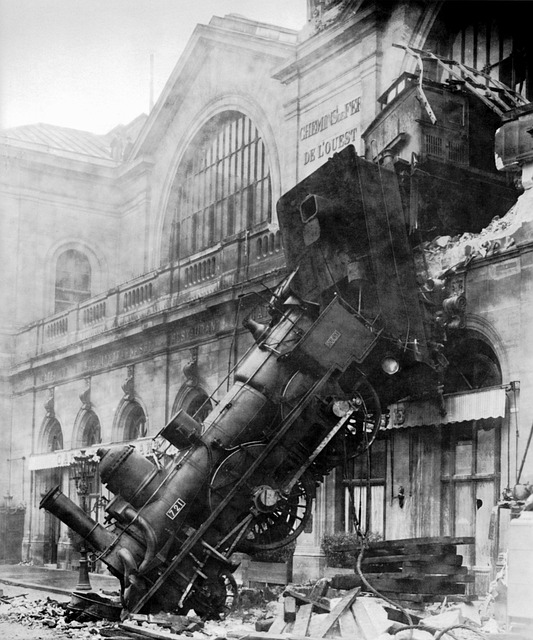
In the context of rideshare services, understanding product defect lawsuits from a legal perspective is crucial. These lawsuits arise when passengers allege that the transportation service or its components, such as vehicles and safety equipment, are defective and have caused harm. In Brooklyn, where ridesharing is a significant mode of transport, these cases often revolve around issues like vehicle maintenance, driver training, and technology failures. Legal experts argue that establishing liability requires demonstrating a direct causal link between the defect and the resulting injury.
From a legal standpoint, product defect lawsuits in Brooklyn must navigate complex regulations and standards. Plaintiffs must prove that the rideshare company or manufacturer acted negligently or intentionally by failing to ensure the safety of their products. This includes investigating factors like design flaws, manufacturing errors, and inadequate quality control measures. Success in these cases can lead to significant compensation for victims, influencing industry standards and ultimately enhancing passenger safety across the city.
The Rise of Rideshare Services and Associated Risks
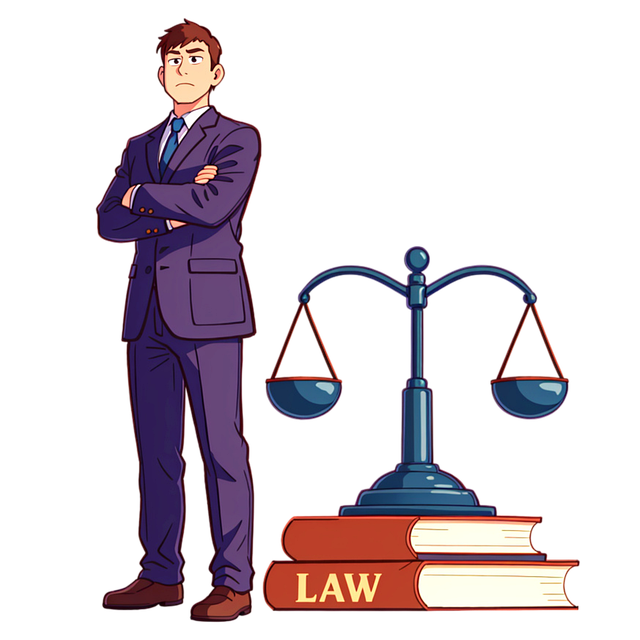
Common Safety Concerns in the Rideshare Industry

The rideshare industry, while convenient, faces significant safety concerns that have led to numerous product defect lawsuits in Brooklyn and across the country. One major issue is driver fatigue; with long hours and tight schedules, drivers may be exhausted, compromising their ability to safely operate vehicles. This is especially concerning given the frequent passenger interactions and responsibility for vulnerable road users.
Another critical factor is vehicle maintenance and safety features. Rideshare companies often rely on a large fleet of vehicles, and inadequate maintenance or outdated safety standards can increase the risk of accidents. Product defect lawsuits in Brooklyn have highlighted instances where vehicles lacked essential safety equipment, such as proper brakes or functioning airbags, leading to severe injuries during collisions. Ensuring regular vehicle inspections and adhering to strict safety protocols are essential to mitigating these risks.
Brooklyn's Legal Landscape for Rideshare Safety Litigation
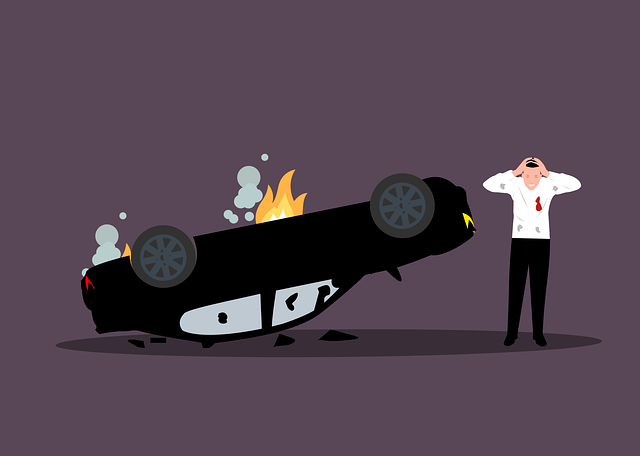
Brooklyn, a bustling metropolis with a vibrant legal community, has emerged as a significant hub for rideshare safety litigation in New York State. The city’s legal landscape is characterized by an increasing number of product defect lawsuits against major rideshare companies, driven by concerns over passenger safety and accountability. Legal professionals in Brooklyn specialize in navigating complex personal injury cases, leveraging their expertise to hold rideshare giants accountable for any negligence or defects that may lead to accidents.
The unique geographical and demographic makeup of Brooklyn plays a role in shaping its legal strategy. With a diverse population and extensive transportation networks, including bridges and tunnels, the city presents specific challenges in terms of vehicle safety regulations and enforcement. Product defect lawyers in Brooklyn are well-versed in state and local laws, enabling them to build compelling cases that address issues such as driver training, vehicle maintenance, and software updates—crucial aspects of rideshare safety litigation.
Case Studies: Notable Rideshare Safety Lawsuits in Brooklyn

In recent years, Brooklyn has witnessed several high-profile product defect lawsuits centered around rideshare safety. These cases highlight the increasing concern over the security and accountability of ride-hailing services. One notable instance involved a passenger who suffered severe injuries after their vehicle was hit by a distracted driver employed by a leading rideshare company. The lawsuit argued that the company’s failure to implement stricter driver screening and monitoring procedures contributed to the accident, leading to a substantial settlement.
Another significant case focused on a driverless vehicle accident, where a self-driving car operated by a rideshare firm crashed into a pedestrian, causing critical injuries. Plaintiffs alleged negligence in the testing and deployment of this product, resulting in a legal battle that brought attention to the ethical and safety considerations surrounding autonomous vehicles. These Brooklyn-based lawsuits exemplify the complex interplay between consumer expectations, technological advancements, and the ongoing quest for enhanced rideshare safety measures.
Strategies for Victims: Navigating Product Defect Claims
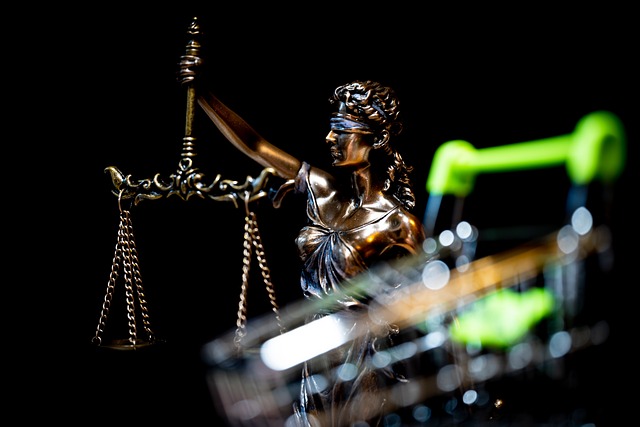
When victims of rideshare accidents in Brooklyn, New York, look to seek justice and compensation for their injuries, understanding product defect lawsuits is crucial. In these cases, it’s essential to gather evidence demonstrating that the vehicle or its components played a role in causing the accident. This may include examining maintenance records, seeking expert opinions on mechanical failures, and collecting data from GPS tracking or other technology aboard the vehicle.
Victims should seek legal counsel from experienced attorneys specializing in product defect lawsuits. These professionals can guide them through navigating complex legal procedures, ensuring they meet all statutory deadlines and understand their rights. They will help build a strong case by gathering evidence, interviewing witnesses, and preparing legal arguments to hold rideshare companies accountable for their negligence or defective products.
The rise of rideshare services, while offering convenience, has highlighted critical safety concerns, leading to an increase in product defect lawsuits in Brooklyn. Understanding the legal framework surrounding these cases is essential for both victims seeking compensation and rideshare companies aiming to enhance safety measures. By examining real-world case studies and implementing effective strategies, individuals injured in rideshare accidents can navigate the legal system and hold responsible parties accountable. Brooklyn’s robust legal landscape provides avenues for justice, ensuring that safety standards are met and that victims’ rights are protected.
